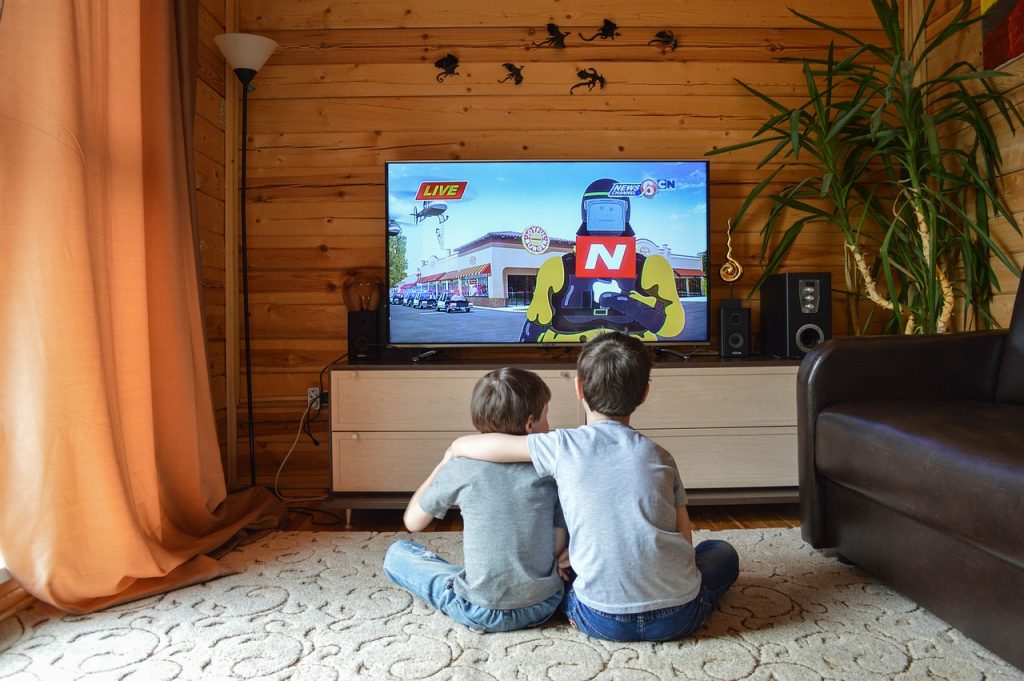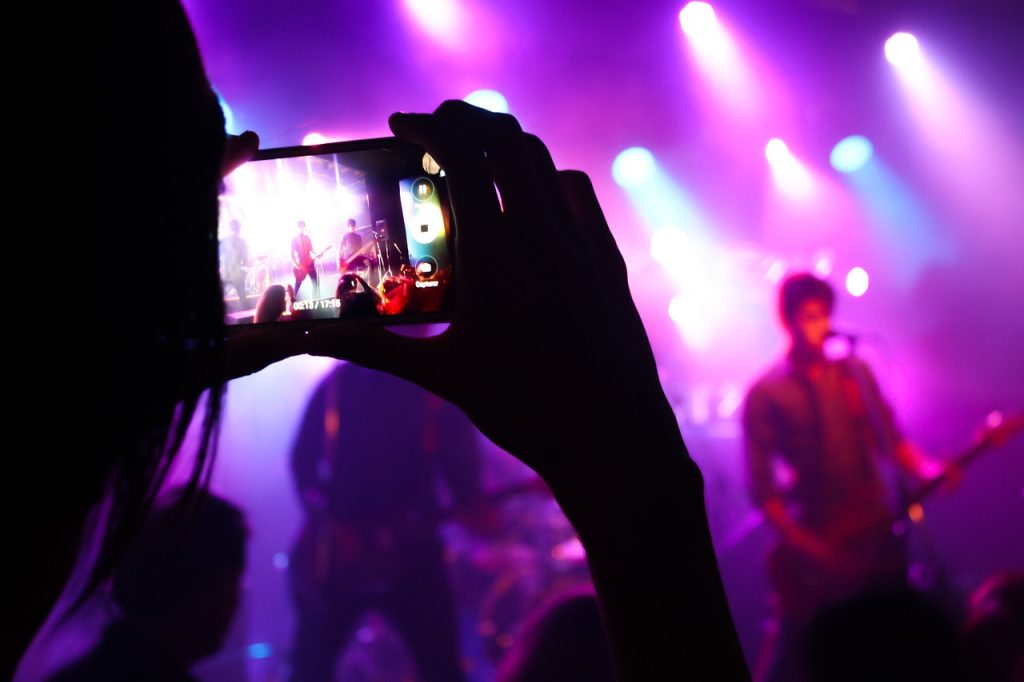Table of Contents
Technology has profoundly transformed modern entertainment, reshaping how we consume, create, and interact with various forms of media. From streaming services and virtual reality to interactive gaming and social media, technological advancements are continuously evolving the entertainment landscape. This article explores the significant ways in which technology is influencing modern entertainment, highlighting its impact on content creation, consumption, and the broader entertainment industry.

1. Streaming Services and On-Demand Content
One of the most significant changes in modern entertainment is the rise of streaming services. Platforms such as Netflix, Amazon Prime Video, Disney+, and Hulu have revolutionized how audiences access movies, TV shows, and documentaries. Streaming services offer on-demand content, allowing viewers to watch their favorite shows and movies anytime, anywhere, without the constraints of traditional broadcast schedules.
The shift to streaming has also impacted the production and distribution of content. Streaming platforms invest heavily in original programming, leading to a surge in high-quality, diverse content that caters to various tastes and preferences. This has democratized content creation, giving rise to new opportunities for independent filmmakers and creators to reach global audiences.
2. Virtual Reality (VR) and Augmented Reality (AR)
Virtual Reality (VR) and Augmented Reality (AR) are pushing the boundaries of immersive entertainment. VR creates fully immersive digital environments, allowing users to experience virtual worlds through headsets and motion controllers. AR overlays digital content onto the real world, enhancing interactive experiences through devices like smartphones and AR glasses.
In entertainment, VR is used for gaming, virtual tours, and immersive storytelling. It provides users with a sense of presence and interactivity that traditional media cannot match. AR, on the other hand, is enhancing experiences in various ways, from interactive exhibits in museums to location-based AR games like Pokémon GO.
Both VR and AR are expanding the possibilities for entertainment, offering new ways to engage with content and participate in experiences that blend the digital and physical worlds.
3. Interactive and Immersive Gaming
The gaming industry has seen tremendous growth, driven by technological advancements in graphics, processing power, and interactive features. Modern gaming consoles, PCs, and mobile devices support highly realistic graphics and complex gameplay, creating immersive experiences for players.
The rise of online multiplayer games has also transformed how people engage with gaming. Gamers can now connect with others worldwide, collaborate, and compete in real-time. Additionally, the emergence of cloud gaming services allows players to stream games without the need for expensive hardware, making gaming more accessible to a broader audience.
Technology is also driving innovation in game design, with developments in AI and procedural generation creating dynamic and evolving game worlds. These advancements offer players unique and personalized experiences, enhancing the appeal and replayability of games.

4. Social Media and User-Generated Content
Social media platforms have become central to modern entertainment, influencing how content is created, shared, and consumed. Platforms like YouTube, TikTok, Instagram, and Twitter allow users to produce and share their content with global audiences, leading to the rise of influencers and content creators.
User-generated content has democratized entertainment, enabling individuals to showcase their talents and connect with audiences in new ways. This has led to the creation of viral trends, memes, and challenges that shape popular culture. Social media also serves as a platform for discovering and engaging with new content, whether it’s music, films, or viral videos.
The influence of social media extends beyond content creation to marketing and promotion. Entertainment companies and artists use social media to reach and engage with audiences, build brand loyalty, and drive sales.
5. Artificial Intelligence (AI) and Content Personalization
Artificial Intelligence (AI) is playing an increasingly significant role in the entertainment industry, particularly in content recommendation and personalization. AI algorithms analyze user preferences, viewing history, and behavior to suggest content that aligns with individual tastes.
Streaming services use AI to curate personalized watchlists and recommendations, enhancing the user experience by making it easier to discover relevant content. AI is also used in content creation, with tools that assist in scriptwriting, editing, and even generating music.
The ability to personalize content based on user preferences improves engagement and satisfaction, making entertainment experiences more tailored and enjoyable.
6. Music and Digital Distribution
The music industry has undergone significant changes with the advent of digital technology. Online music streaming platforms like Spotify, Apple Music, and Deezer have revolutionized how people access and listen to music. These platforms offer vast libraries of songs and playlists, enabling users to enjoy music on demand.
Digital distribution has also altered the music production and promotion landscape. Artists can now release music independently, bypassing traditional record labels and reaching audiences directly through digital platforms. Social media and streaming services provide new avenues for promotion, allowing artists to build and engage with their fan base.
Technology has also enabled the rise of digital concerts and live streaming events, offering fans new ways to experience live performances from the comfort of their homes.
7. Virtual Celebrities and Digital Influencers
The concept of virtual celebrities and digital influencers is a fascinating development in modern entertainment. Virtual influencers are computer-generated characters with social media profiles, often created to engage with audiences and promote brands.
These digital personas are gaining popularity, attracting significant followings and collaborations with real-world brands. Virtual influencers offer a controlled and customizable presence, allowing creators to craft idealized personas that resonate with specific audiences.
The rise of virtual celebrities highlights the blurring line between reality and digital creation, offering new possibilities for entertainment and marketing.

Conclusion
Technology is profoundly influencing modern entertainment, transforming how content is created, consumed, and experienced. Streaming services, VR and AR, interactive gaming, social media, AI, digital distribution, and virtual celebrities are shaping the future of entertainment, offering innovative and immersive experiences. As technology continues to evolve, it will undoubtedly lead to further changes and advancements in the entertainment industry, shaping how we engage with and enjoy various forms of media. Embracing these technological advancements while navigating their implications will be key to understanding and participating in the future of entertainment.